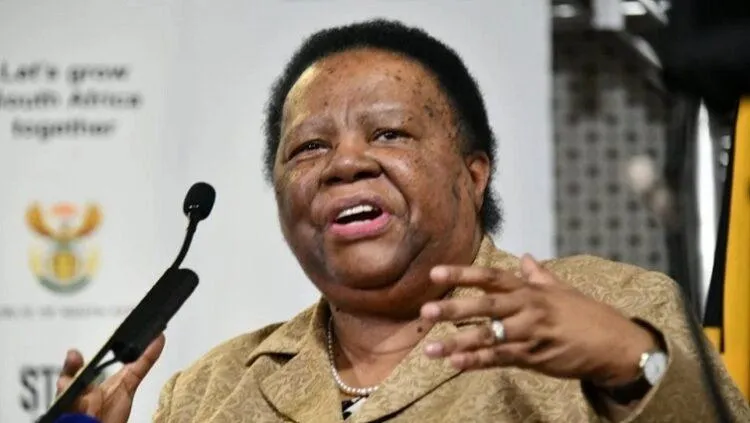Speaking on Nov. 25 at the inaugural meeting of the “Cape Town Conversation,” established to discuss questions of global governance, South African Foreign Minister Naledi Pandor said that African nations were “still being shortchanged by economic superpowers” and that African nations should choose their partnerships wisely so that the partnership benefits their own nations. She outlined the world situation which is characterized by war and conflict, noting that it has led many world powers to forget Africa and its needs. She said that the emergence of the Global South is an important shift in the world situation, and that while this means that Africa now has “a seat at the table,” the continent still has to see the full socioeconomic effects of its ties with the rest of the world.
She noted what Africa’s traditional partnerships with the countries of the developed world “have not … resulted in increased industrial capacity in Africa, in wider access to energy, in access to smart manufacturing.… We have to insist that the partnerships we form give rise to these because this is what will make Africa free. Without these elements, our partnerships are partnerships of supplication and not partnerships of true development,” she said, urging the African countries to be more critical about whom they do business with. She said that the African nations have got to transition from mere suppliers of raw materials to the Western markets where they are transformed into industrial goods. Africa must become a manufacturing and production center as well.
“We need, as Africa, to develop new terms for our relationships and to ensure that we achieve objectives that radically alter our conditions,” she said. This would allow Africa to become “a critical catalyst for change,” she said, reflecting the title of the “Conversation”: “Catalyzing Change: Africa’s Global Role in Shaping Tomorrow.”





